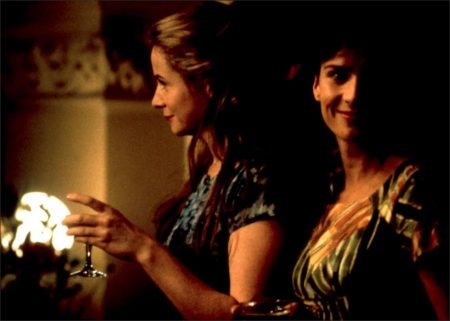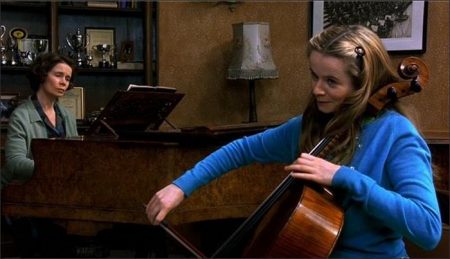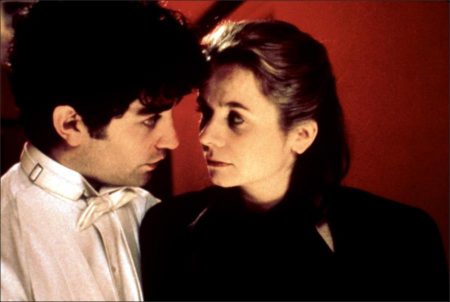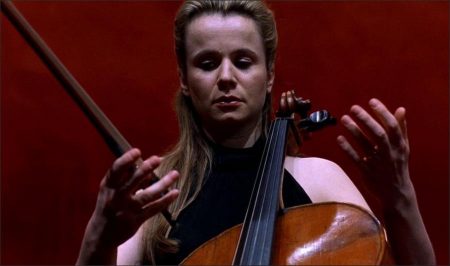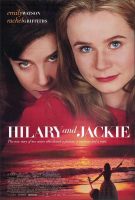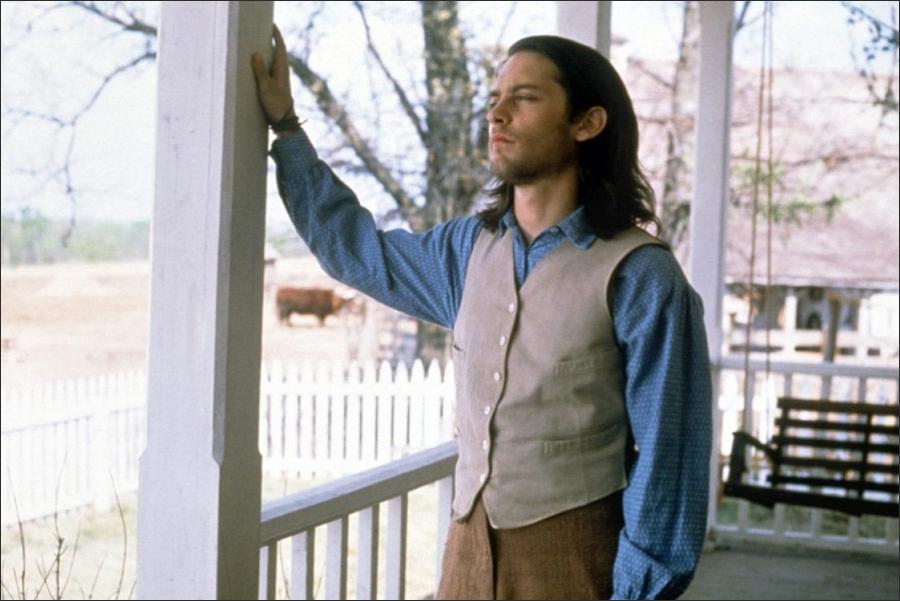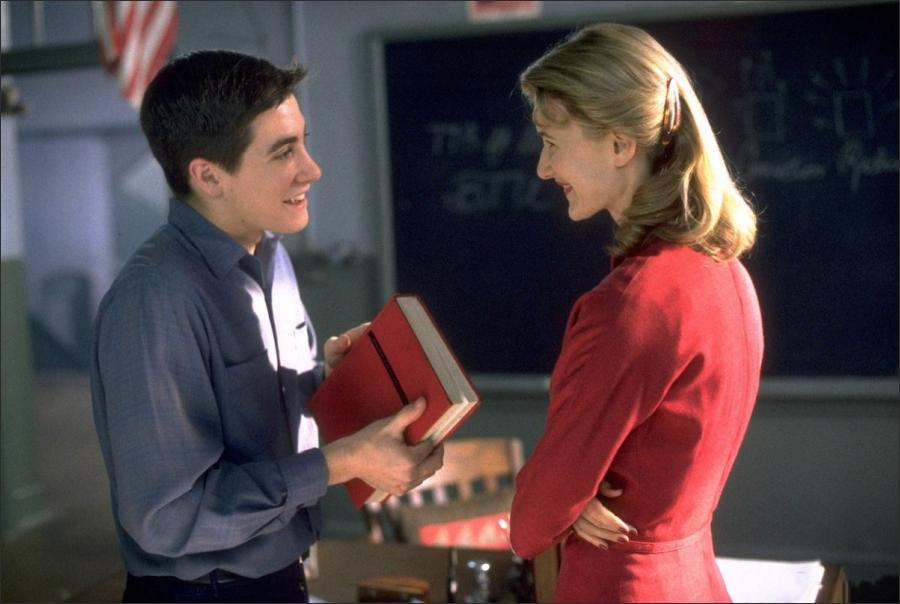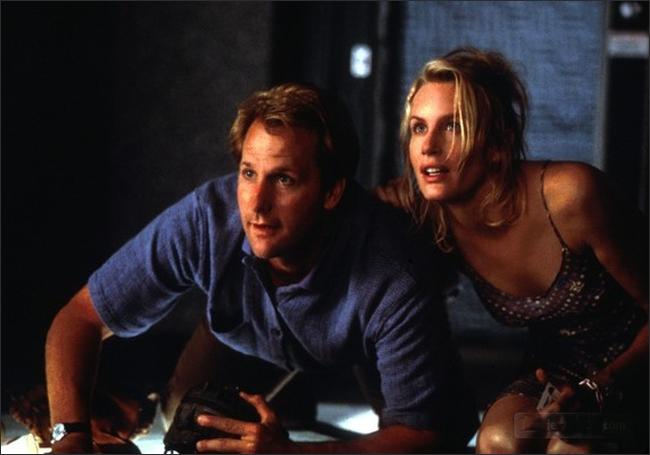Hilary and Jackie Movie Trailer. When I set out with my brother, Piers, to write a memoir of our sister, Jacqueline du Pre, I had no notion of the furore it would cause. The book divided critics, and the film derived from it is producing even more invective.
The cellist Julian Lloyd Webber has called it “ugly”, says it portrays Jackie as a “spoilt, selfish harridan”, and argues that Piers and I are “eaten up by bitterness and jealousy”. Hugh Canning, music critic of the Sunday Times, said it made him want to throw up. Now a group of leading figures in the musical establishment, writing to the Times, have rounded on what they pompously call “a film purporting to chronicle the life of cellist Jacqueline du Pre”.
I am being portrayed as self-serving and mendacious, but what my critics fail to understand – these people who barely knew Jackie – is that the book and film are born of love, not jealousy or bitterness, and what appears to have caused offence is not too little truth but too much honesty.
We set out to write something that was totally honest – exactly like Jackie’s playing. Not a biography but a family memoir – a recollection of the Jackie we knew and loved. These are our memories of our sister, and it is important to remember that because it casts a very different light on the book.
At first I could not understand why people didn’t believe my story because I had set out to tell the whole truth. When you tell someone the truth about your family, you don’t expect them to turn around and say that it’s bunkum. But I knew that Jackie would have respected what I had done. If I had gone for half-measures, she would have torn it up. She would have wanted the complete story to be told.
I don’t portray Jackie as a “harridan”. That is Lloyd Webber’s word. I had the most generous, warm-hearted sister that anyone could have. She was absolutely wonderful and we both knew that we would do anything for each other, whatever that might be. That was a pact we had when we were tiny and so it continued throughout our lives.
Jackie’s survival was based to a large extent on me, as mine was on hers. The film is the story of that mutual dependence and I was uniquely placed to write it. Who else was there to look in on that relationship? Who was there when we were children? Who else was there when Jackie was staying with us? No one. Certainly, none of her so-called “friends”.
Lloyd Webber says I am writing out of bitterness, but what is there for me to be bitter about? Jackie would have given anything to have been happily married with children. She loved playing the cello, but hated the travelling, being alone in hotel rooms, meeting people for a second then moving on. She loved my children as much as I did, and in her psyche they became her children too. How could I possibly be envious of somebody who longed for everything that I had?
I had a tremendous bond with Jackie. When she came back exhausted and broken after a tour of America, she asked to come back to me. She was extremely depressed; she simply could not survive without the family. If I had said no to letting Jackie sleep with my husband, Kiffer, it would have broken her completely – and it would have broken me as well, because I would have known that I had not done everything possible to help her.
Even if it hurt, and it sometimes did, I had to do it to help her. She was looking for reassurance, support, understanding, love. Her life was breaking up and we wanted to do everything we could to put it back together again. If I had been envious or bitter, I could not have done that. It could only be done through love.
Others have called her a “sexual predator” – but that is not a term I would use. When she came to stay with us, she needed a sexual relationship and I could not deny it to her. When she was with us, she was as happy as I have ever seen her.
The ravages of MS changed Jackie’s personality. The Jackie I knew and loved died years before her actual death in 1987, but to be truthful I had to show the MS side of her. If I had not shown that too – the cruel disease which smashed her – she would have hated it. How would my book stand up if I had told only half the story? For it to have any credibility, I had to tell the complete story, however unpalatable parts of it are to others.
The book was written in part to correct errors in other books and to give an insight into Jackie’s genius that only we, her family, had. Jackie’s personality was larger than life, giving absolutely everything, and in her relationships she embraced the entire person, not just the bits she wanted.
She was all or nothing, and was like that in her playing, too. It was as if she was making love on stage – she was all-embracing in her art as well as her life and never developed the restrictions that govern most of us. Jackie loathed not being seen as a complete person and would never have wanted to become an icon; if someone has created an unrealistic image in their mind, that is their problem.
Hugh Canning has said the music in the film is “background wallpaper for a bonk story”, but that is totally unfair. The sexual relationship with Kiffer is not the core of the film. EMI refused to let us use Jackie’s most famous recording of the Elgar Concerto, but the one used in the film – which was recorded by Sony, conducted by her former husband, Daniel Barenboim, and had never previously been released – is wonderful. Yes, there are errors but it is raw and feisty, and a stunning performance. You can hear Jackie enjoying herself immensely.
Lloyd Webber says that I wanted to control Jackie, but no one controlled her – she lived and played the way she wanted to. When she played, she set the tempi; and that was how she lived too.
The film is a fantastic tribute to Jackie. It helps us understand her and see how her playing sprang from the person she was. She wanted to be understood as a complete person, to be treated in the way she treated others. We were given dire warnings about the film world by friends, but the makers have respected the integrity of the story.
Certain details have been changed, but its essence and spirit are intact and I’m very grateful for that. The acting is stunning. Every one of the actors rings true; if they hadn’t, I could not have watched the film a second time, whereas I have now seen it 10 times. It feels as though they are my family and I want to rush to the screen and embrace them.
Some people say the writing of this book and the making of the film has been a form of catharsis for me, but that is not so. I wasn’t holding some grisly secret I had to tell the world in order to free myself. I was holding something I loved. I have written a love letter to the sister who will always be part of me, and to the family, especially my mother, who allowed her genius to express itself.
Hilary and Jackie (1999)
Directed by: Anand Tucker
Starring: Emily Watson, Rachel Griffiths, James Frain, David Morrissey, Charles Dance, Celia Imrie, Rupert Penry-Jones, Keylee Jade Flanders, Grace Chatto
Screenplay by: Frank Cottrell Boyce
Production Design by: Alice Normington
Cinematography by: David Johnson
Film Editing by: Martin Walsh
Costume Design by: Sandy Powell
Set Decoration by: Trisha Edwards
Art Direction by: Charmian Adams
Music by: Barrington Pheloung
MPAA Rating: R for language and sexuality.
Distributed by: October Films
Release Date: February 5, 1999
Views: 218
